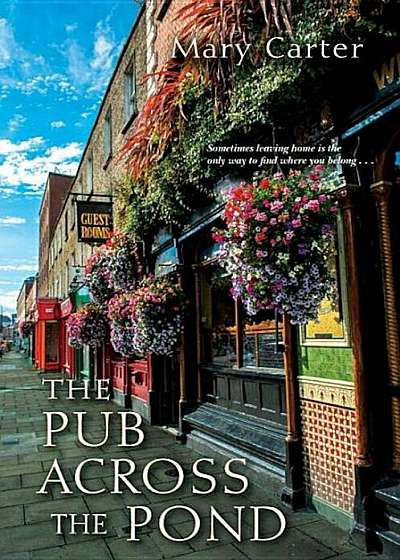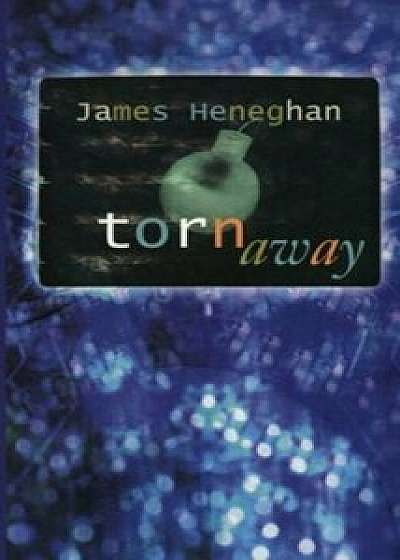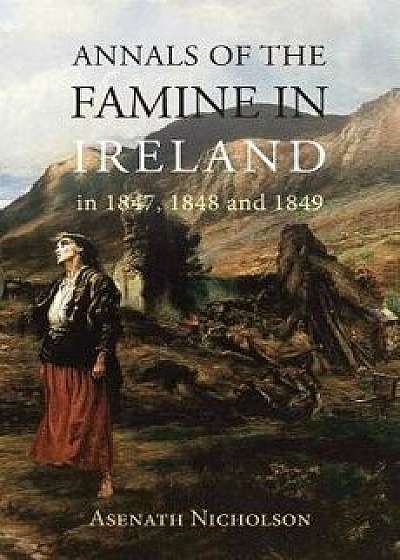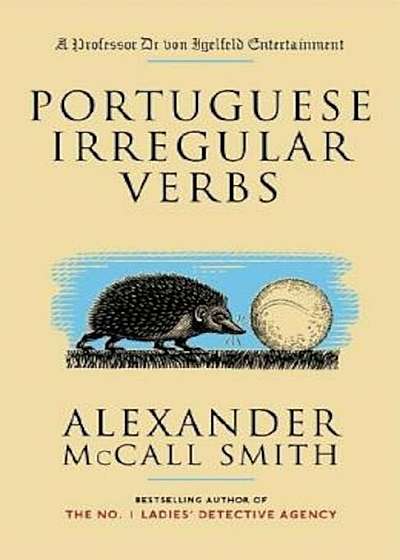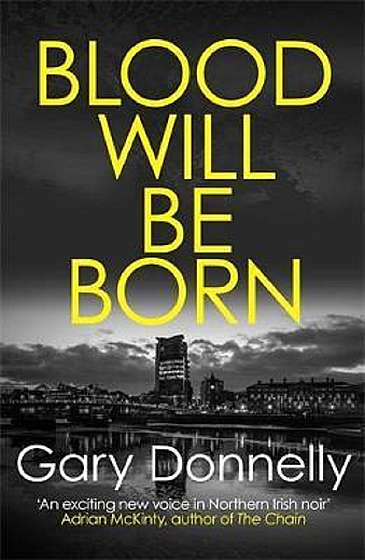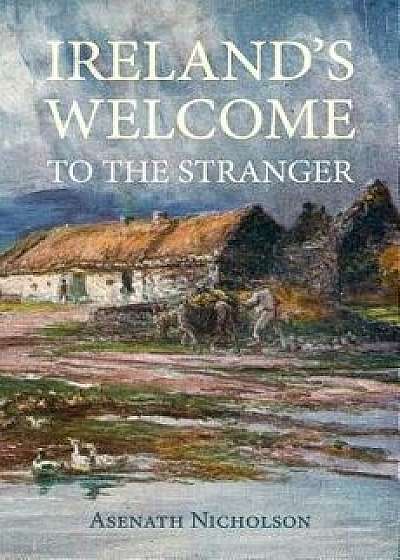
Ireland's Welcome to the Stranger: Or, an Excursion Through Ireland, in 1844 & 1845, for the Purpose of Personally Investigating the Condition of the, Paperback/Asenath Nicholson
Descriere
The value of Ireland's Welcome to the Stranger cannot be overstated. It presents a vivid picture of Irish society on the eve of the Great Famine, exquisitely painted in words by an outsider with a most adept hand. In it we find a remarkable view of Irish life in the 1840s, from the landed gentry down to the poorest peasant, the particular object of the author's visit. The account is all the more valuable and realistic because Mrs Nicholson eschewed staying at the best of hotels and travelling in fine carriages, but more often than not spent her nights in common lodging-houses, or even in the cabins of the poor, and made a great deal of her journey around the country on foot, with an ever-changing cast of peasants for company. On her travels she saw life as it really was for the ordinary folk, witnessed their habits, idiosyncrasies, customs and traditions, from faction fights to funeral laments, and imbibed their mode of speech. In terms of getting a sense of Ireland's social past, her writing is the closest to time travel that could be hoped for. Asenath Nicholson, a native of Vermont, had for some years run a boarding-house in New York and, in that city, she had become all too familiar with the plight of the poor immigrant Irish. Her first journey to Ireland was inspired by a desire to see for herself the conditions that were causing such a mass exodus. She was teetotal, vegan, anti-slavery and feminist in outlook, but above all an extremely pious woman, who toured the country distributing religious tracts and bibles to the poor. She also had a propensity for impromptu outbursts of hymn-singing which, to her amusement, only added to a notion among the Irish peasantry that she was "crack'd." Here was an intelligent, forceful woman who, with a burning sense of justice and righteous anger, was not afraid to speak her mind, and issued rebukes to those, irrespective of rank or religion, whom she felt fell short of Christian principles and duty. The combination of the au
